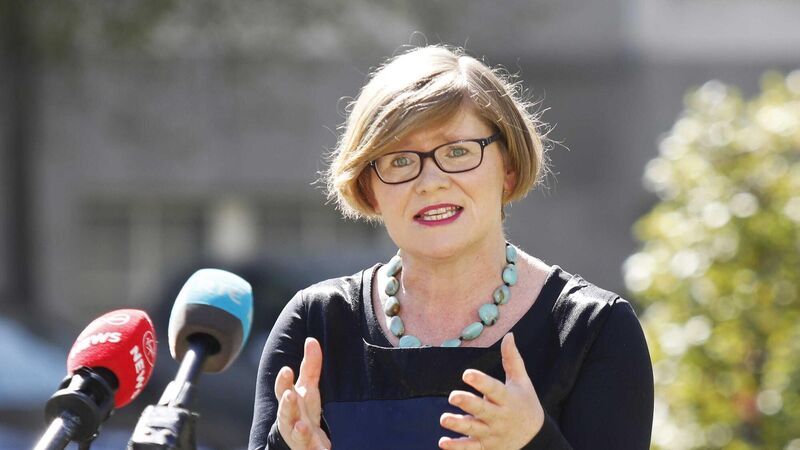National Women's Council: 'We need full decriminalisation of abortion'

The National Women’s Council's Orla O'Connor also called for the removal of the mandatory three-day wait period. Picture: Leon Farrell / Photocall Ireland
A poll has found that 80% of the Irish public believes that someone who needs an abortion should never have to travel abroad for such care.
The research, released by the National Women's Council (NWC) two weeks before the close of a public consultation on Ireland’s abortion law, also found 71% agree that abortion should be treated like any other medical procedure and should never be a matter for criminal law.










